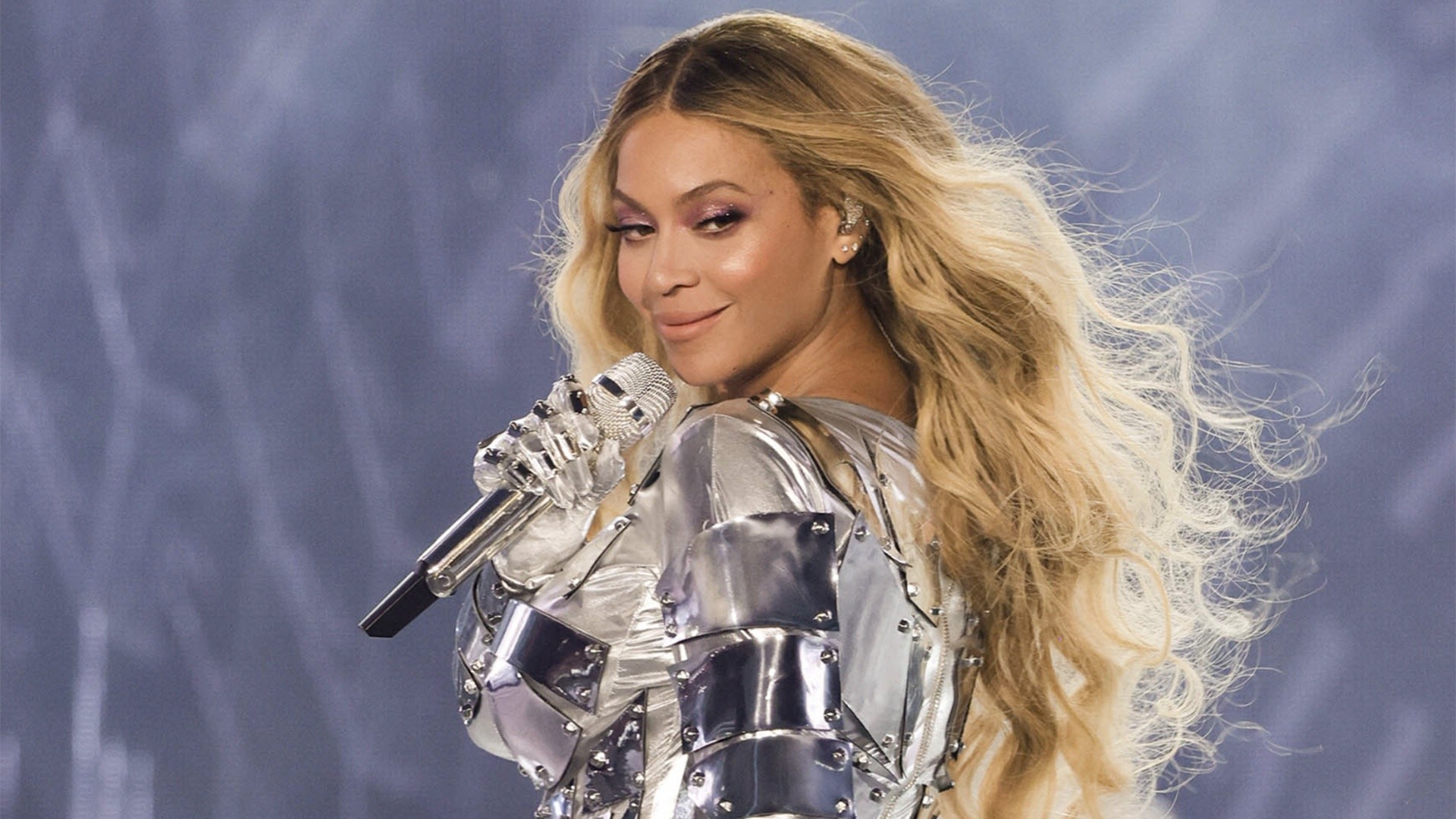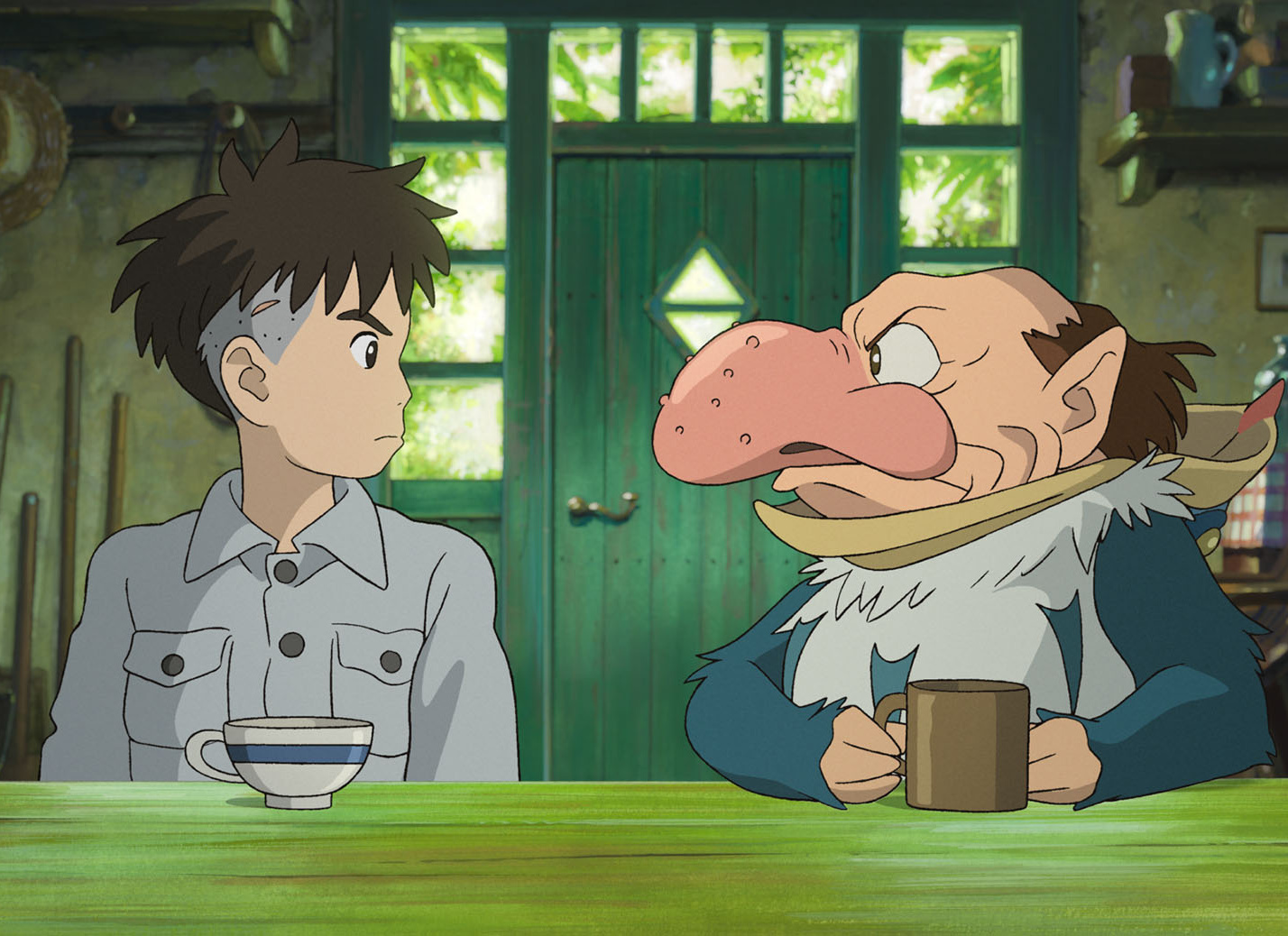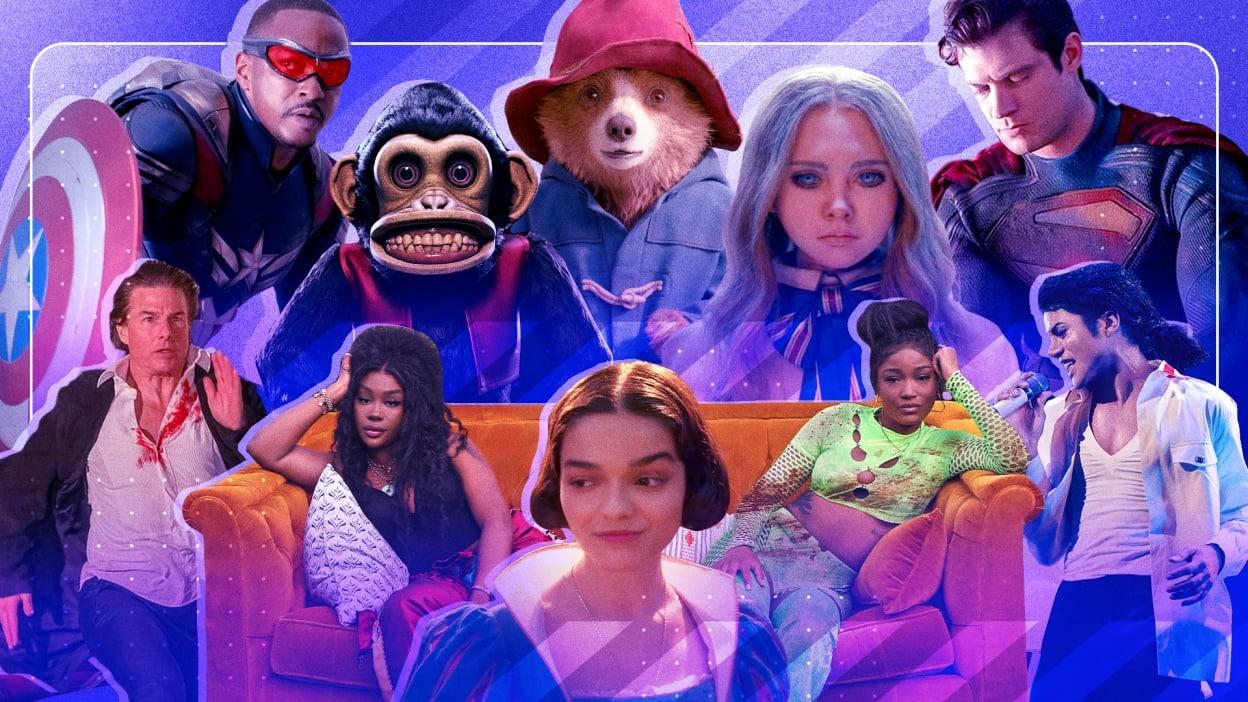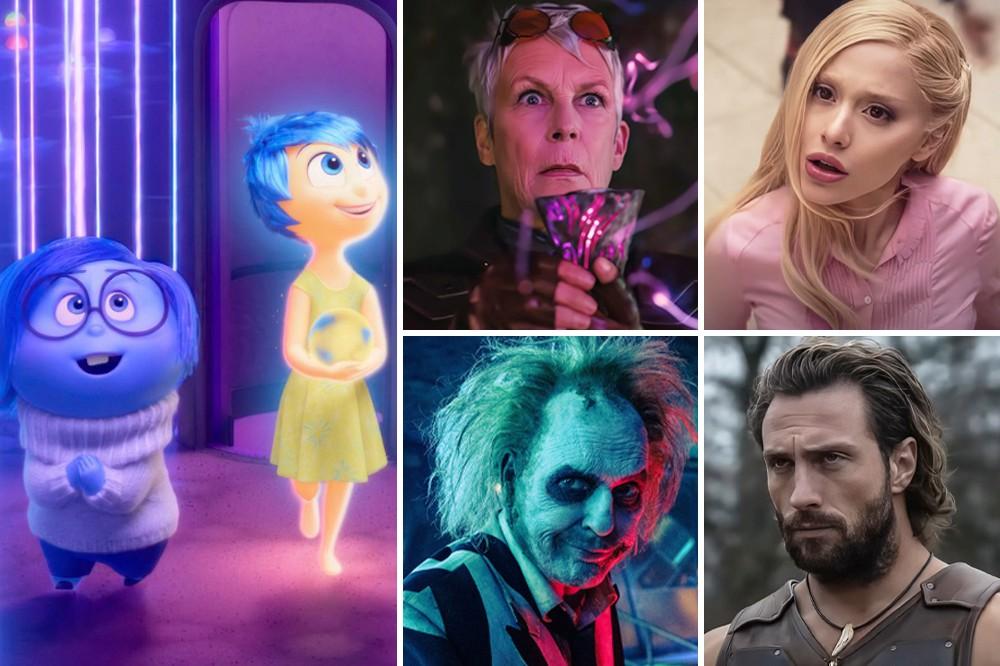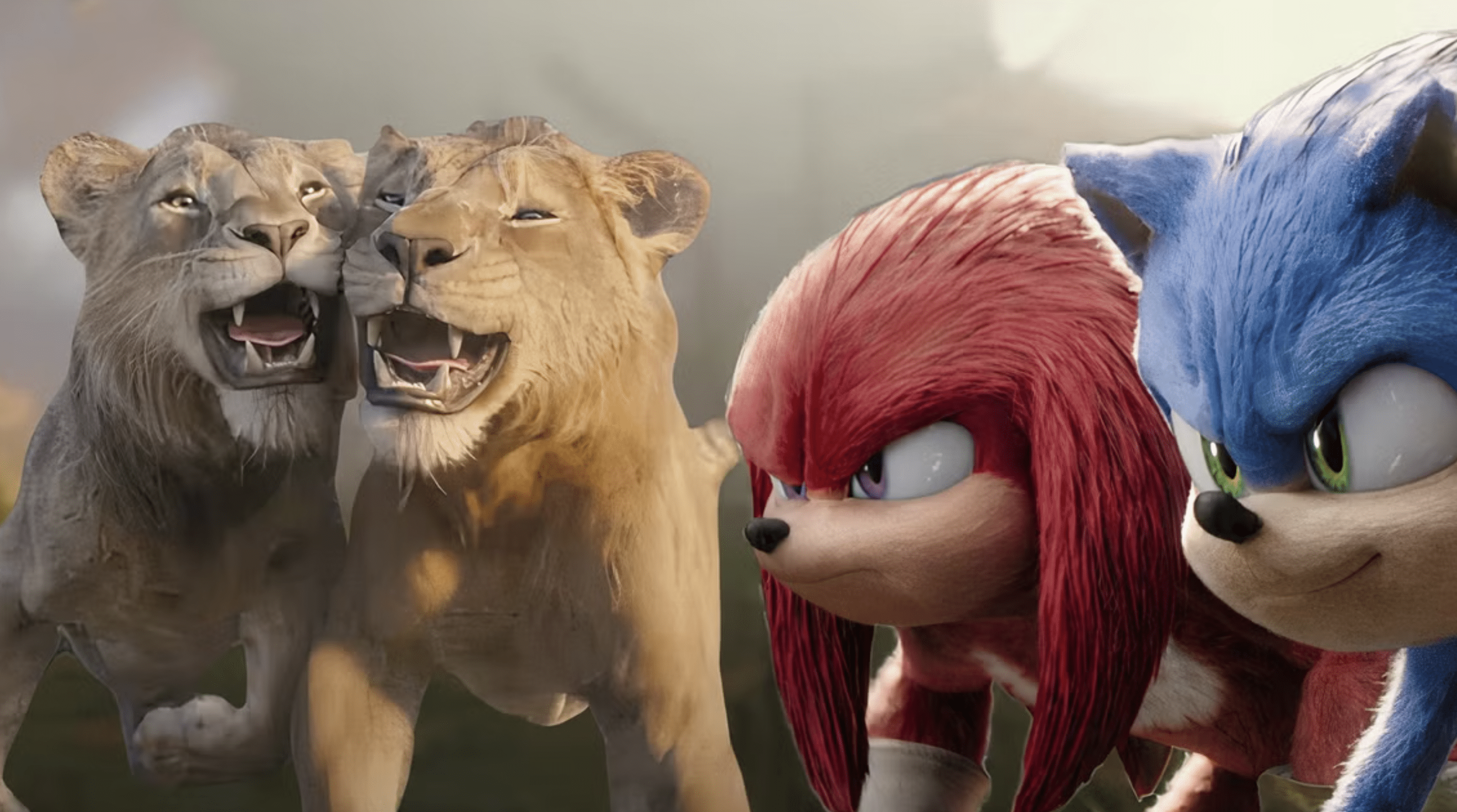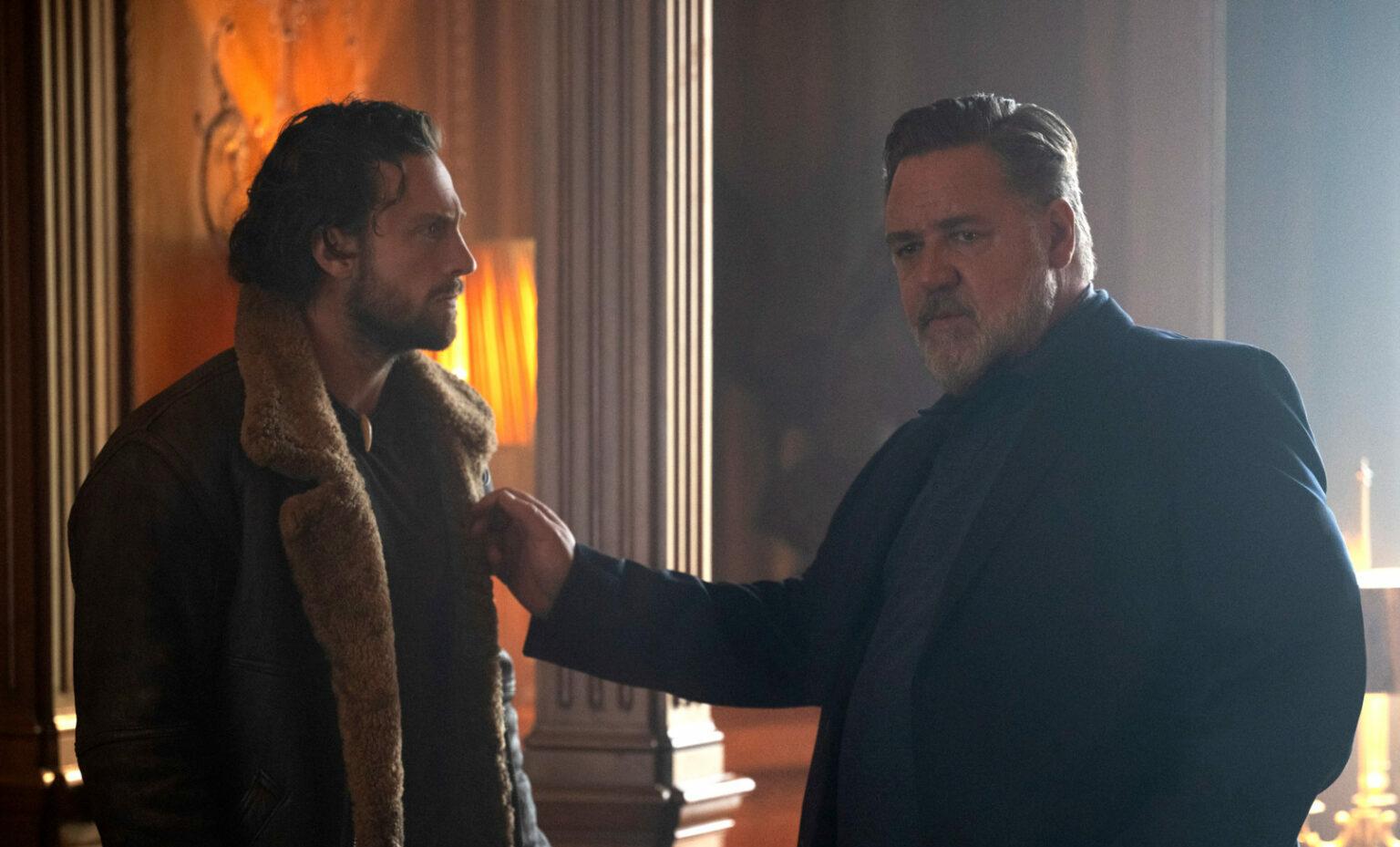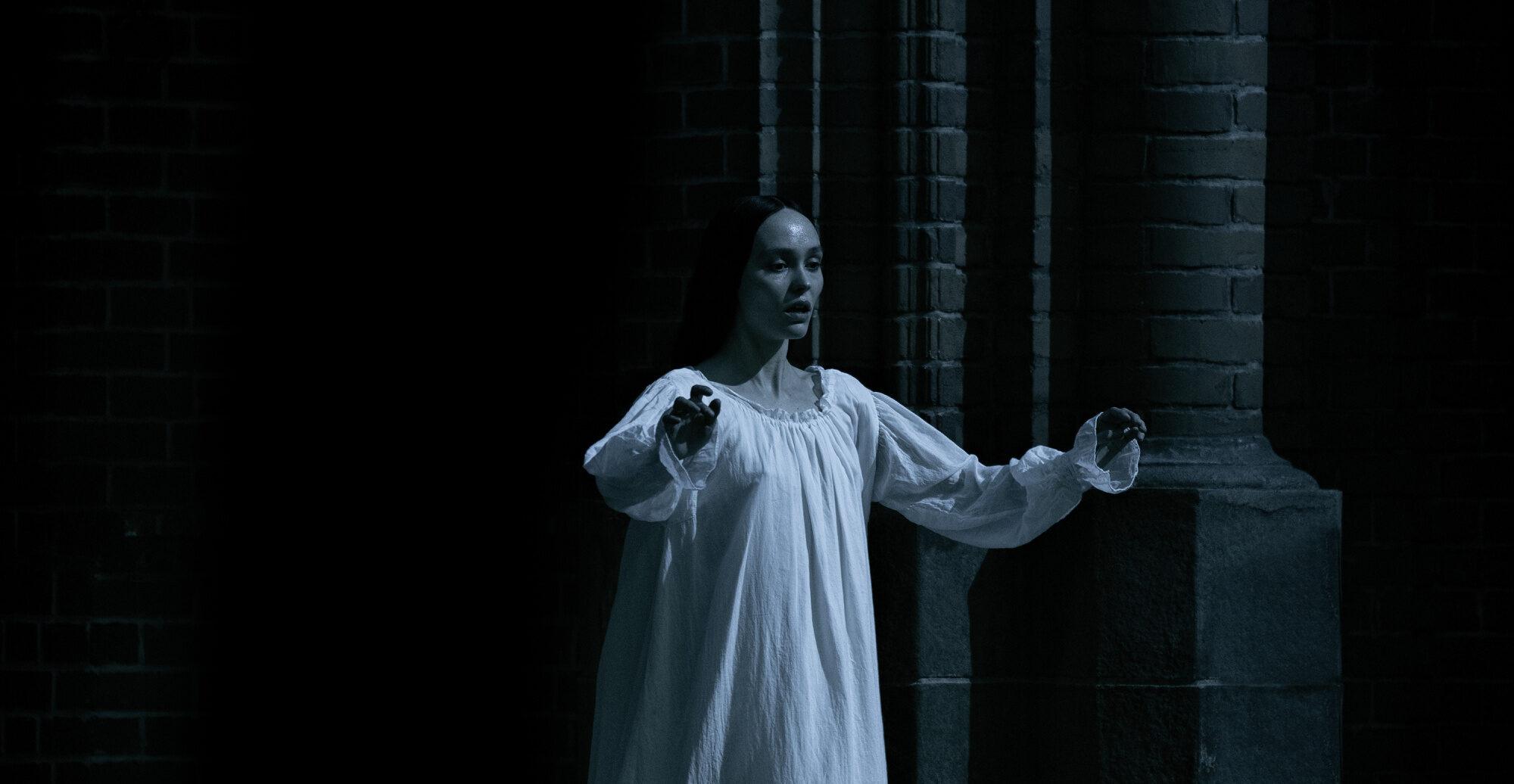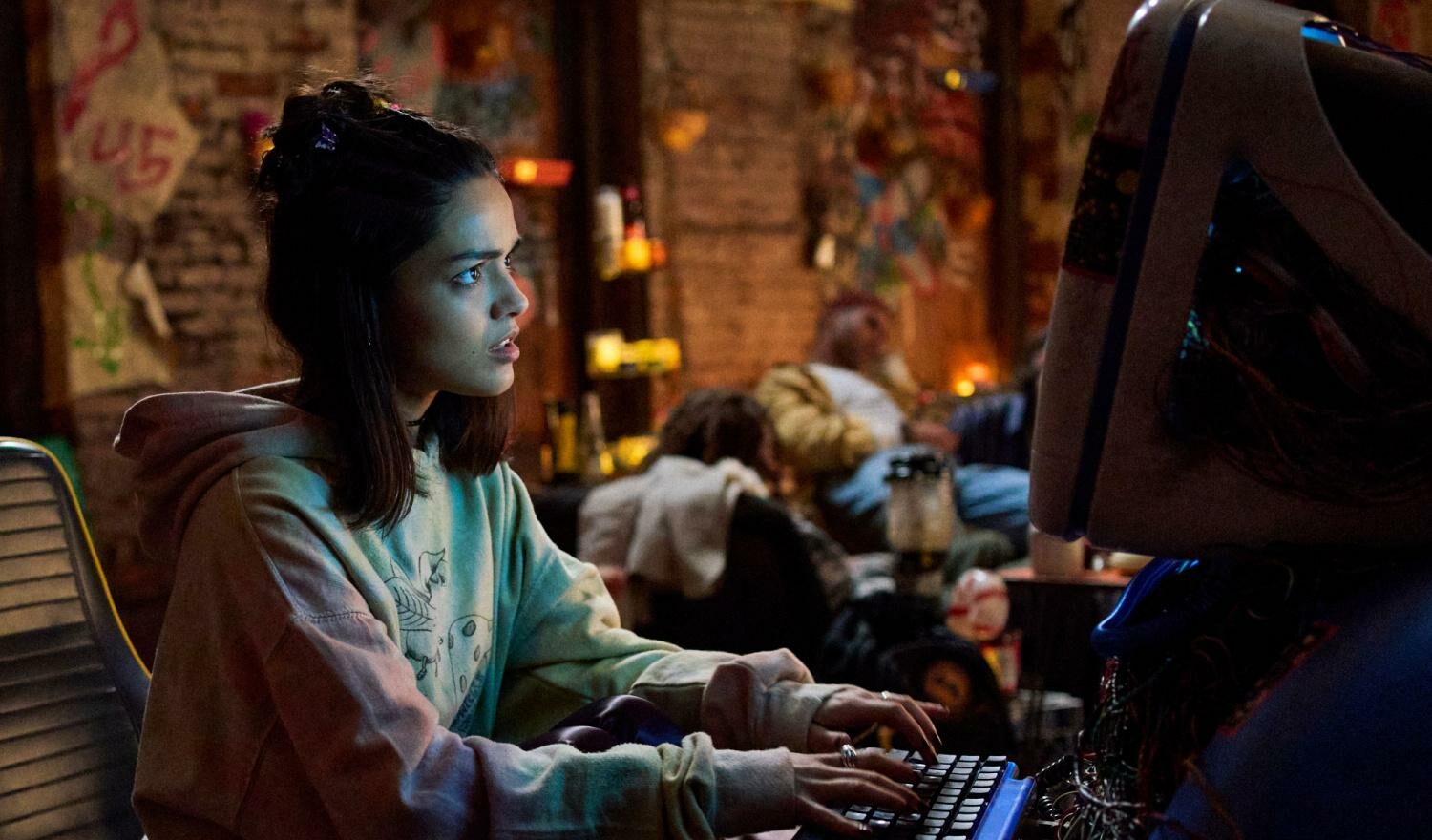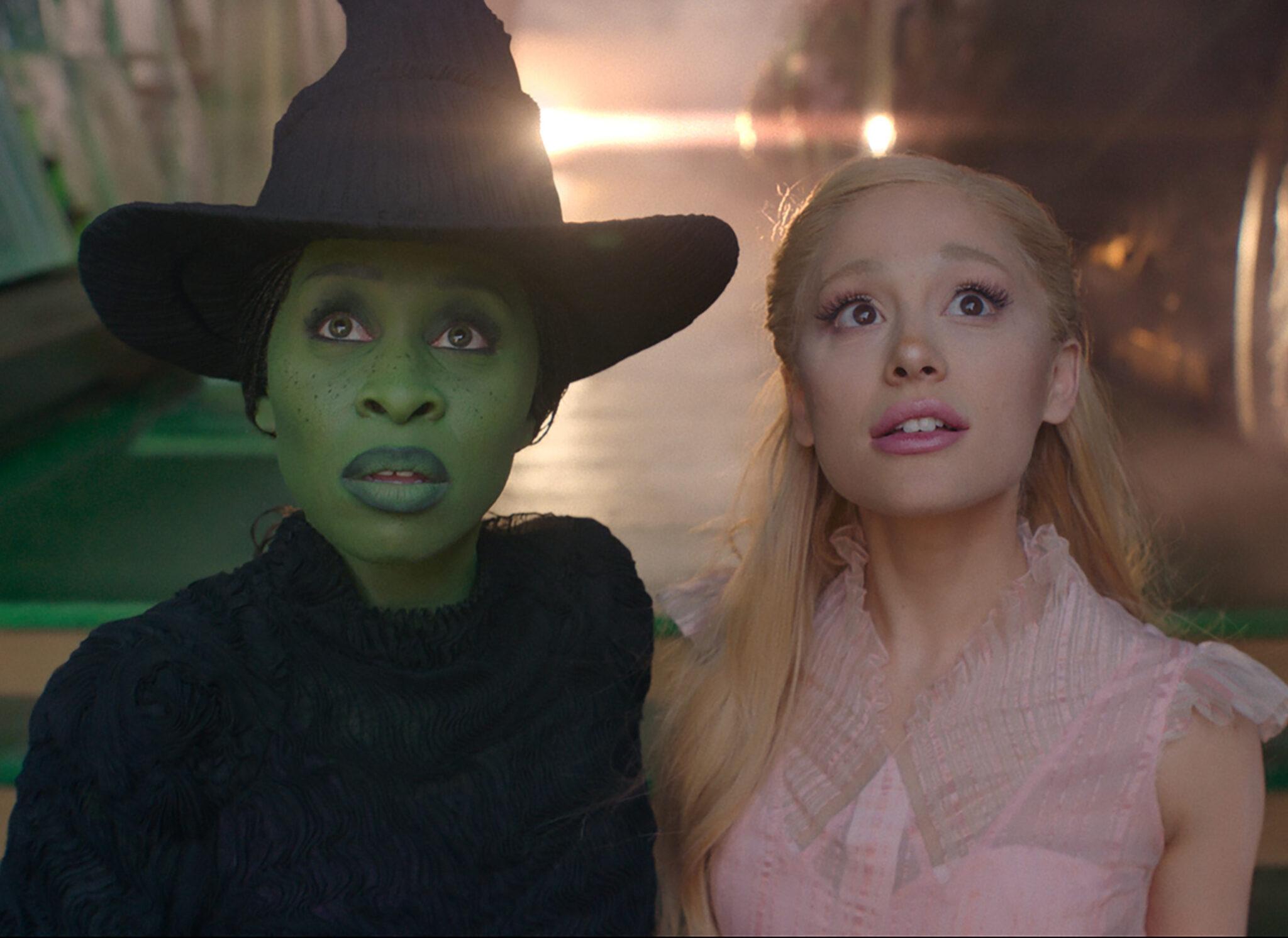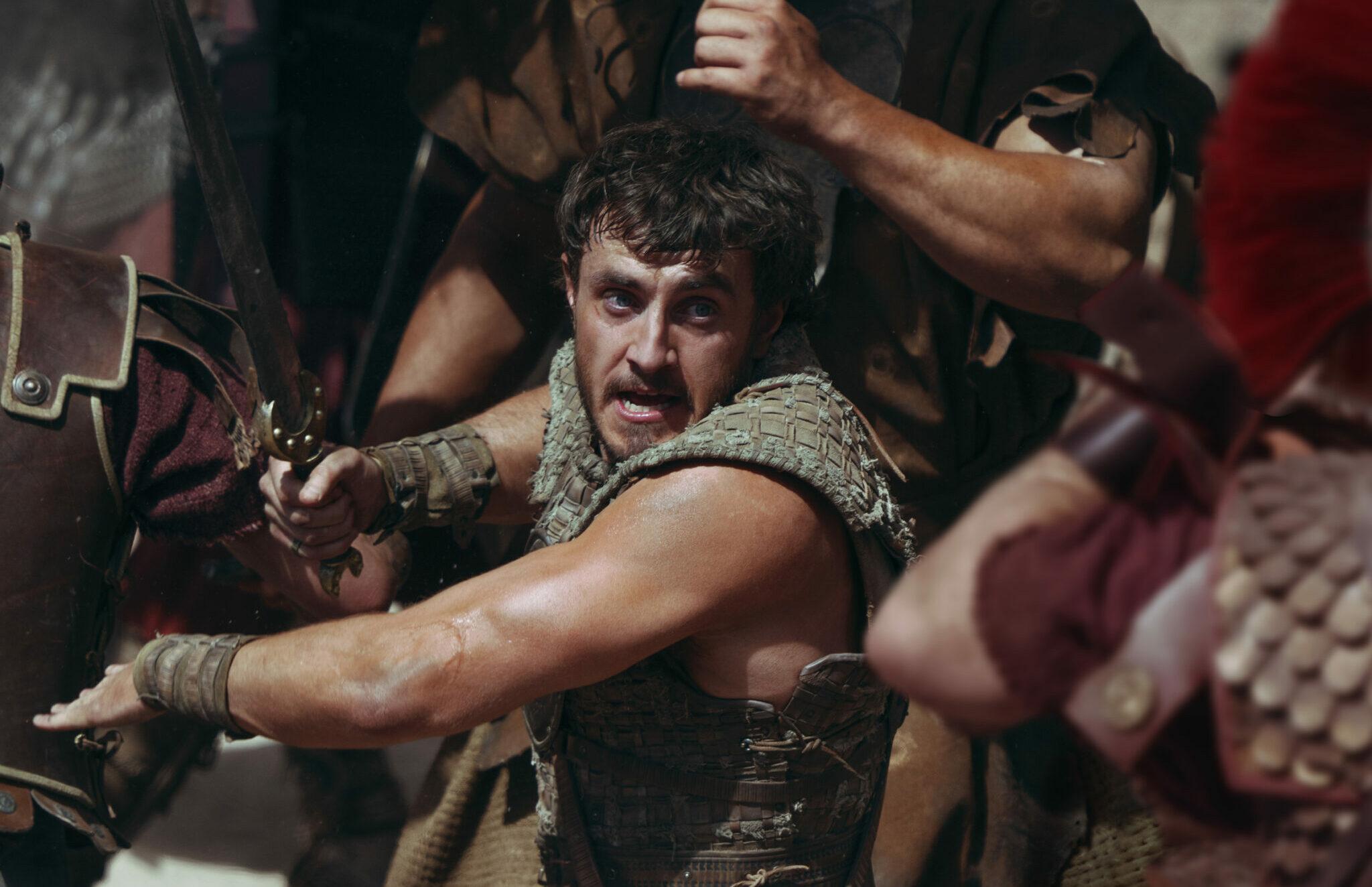VERDICT: The musical prequel manages to find the sweet spot between the wicked psychedelia of the original Willy Wonka and the feel-good delights of the director’s Paddington movies.
Alonso Duralde
December 4th, 2023
Two of my favorite films of all time are 1971’s Willy Wonka and the Chocolate Factory (which presents a world in which everyone is selfish and venal, except for an exceptional few who are kind and good) and 2017’s Paddington 2 (which posits the exact opposite).
Placing Roald Dahl’s wickedly whimsical confectioner into the hands of director and co-writer Paul King, the man responsible for both Paddington movies, was never a guaranteed recipe for success. But audiences going into Wonka will have a better time if they think of this candy-colored musical not as a prequel to the Gene Wilder cult hit but instead as Paddington 3, with Timothée Chalamet standing in for the marmalade-loving bear.
While some elements of Wilder’s immortal performance as Wonka — from the coiled, crazy coif to the delirious bursts of wordplay — make their way into Chalamet’s turn as the chocolatier, this Wonka isn’t out to punish naughty children or to outfox their parents. He just wants to share his amazing sweets with the world, the way he once vowed to his late mother (Sally Hawkins) that he would.
Wonka alights in an unnamed city with a handful of coins in his pocket, but his wide-eyed innocence makes him the target of some nasty people, from a cruel laundress (Olivia Colman, having a time of it), who entraps him to join her indentured servants, to a conniving cabal of chocolatiers: Slugworth (Paterson Joseph, The Leftovers), Fickelgruber (Mathew Baynton), and Prodnose (Matt Lucas). This trio has formed a seemingly unbeatable cartel, with the backing of the police (headed by Keegan-Michael Key as a raging chocoholic) and church (run by a similarly cacao-besotted Rowan Atkinson).
But Wonka will not be denied; his fellow prisoners at the laundry include an accountant (Jim Carter), a plumber (Natasha Rothwell), a telephone operator (Rakhee Thakrar, Sex Education), and a comedian (Rich Fulcher, Marriage Story), not to mention plucky orphan Noodle (Calah Lane), and together they will dazzle the locals with Wonka’s extraordinary creations, which make people sing, dance, or even fly. They just need to remain one step ahead of the cops, all the while keeping the chocolates out of the hands of the mysterious orange-skinned, green-haired man (Hugh Grant) who keeps sneaking into Wonka’s quarters to steal them.
While Willy Wonka and the Chocolate Factory was a flop in its original release, the film’s fanbase has grown exponentially over the ensuing decades; that success made this prequel perhaps inevitable in this era of IP, but it also gives King and Chalamet and company a very big velvet top hat to fill. As the Paddington films proved, however, King is a delightfully old-fashioned storyteller, crafting exquisite worlds without being precious, and championing virtues like friendship, honesty, and generosity with a minimum of cloying sentimentality.
Those gifts are brought into play here, buttressed by lovely new songs by Neil Hannon of the band The Divine Comedy. Admittedly, those tunes take a back seat to the originals when “Pure Imagination” or the Oompa-Loompa song pop onto the soundtrack, but they have a brassy, Broadway sheen to them which Chalamet and the rest of the cast sell with aplomb.
Indeed, Chalamet brings an exuberance to all his scenes, musical and non-musical alike, which gives Lane the space to grow from a hardened cynic to a girl who can believe in dreams. Led by Joseph’s deliciously cruel Slugworth, the villains — who also include Tom Davis as Colman’s enforcer — are as fun to hate as the heroes are lovable.
This being 2023 and not 1971, the effects are almost entirely computer-generated, although like Paddington himself, they trick the eye and don’t simply stand out glaringly as they do in so many contemporary films. And like the original Willy Wonka, the European Anytown setting allows the costumes and the architecture to mix and match eras and locations for a storybook effect.
There is, perhaps, an intermediate film that will show audiences how Chalamet’s dreamer turns into Wilder’s disciplinarian, but for now, Wonka stands as an effective reimagining of a beloved literary and cinematic character — so long as you don’t mind a little extra sweetness.


